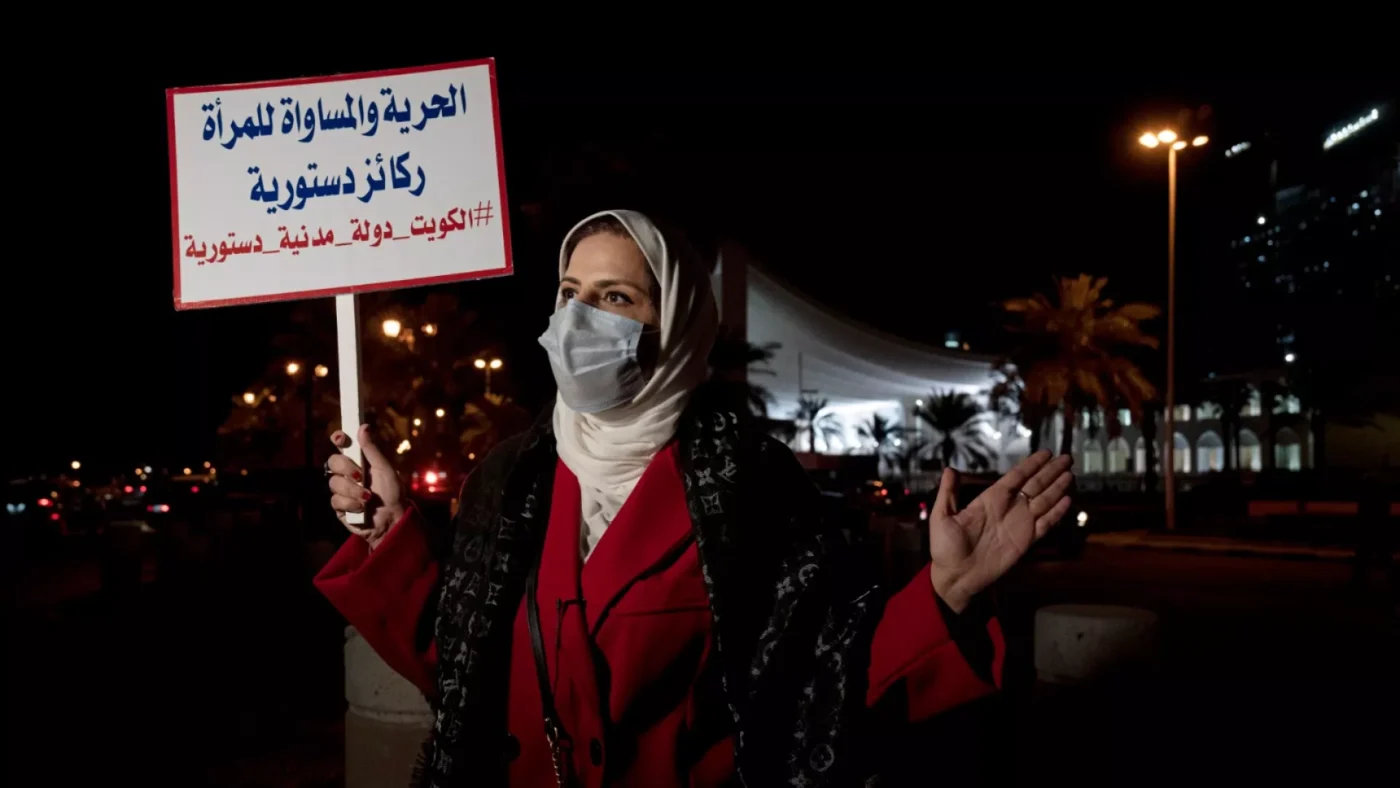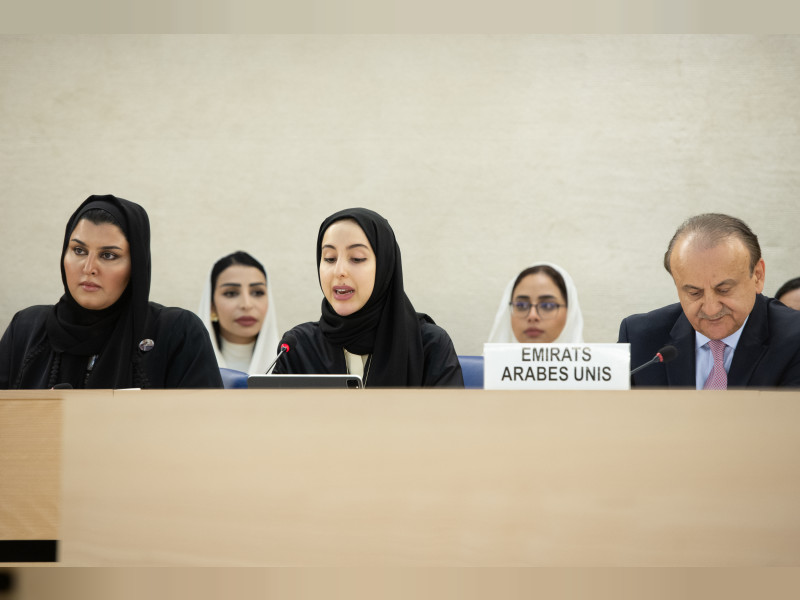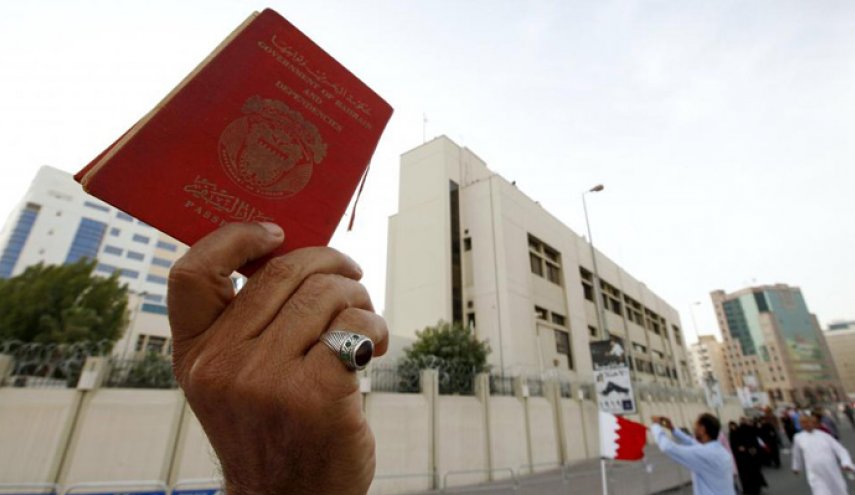The women’s rights situation in Kuwait is similar to that of other Gulf Cooperation Council (GCC) countries, where the male guardianship system limits women’s autonomy to make decisions about their lives. Discrimination against women in Kuwait is well reflected in the country’s two personal status laws (PSLs) codified in 1984 and 2019. Laws that regulate[…]
In 2011, Abdulhadi al-Khawaja, a prominent Bahraini-Danish human rights defender, was arrested for advocating for civil and political freedoms in Bahrain. He was convicted under an emergency royal decree issued in response to widespread protests against the regime that year. The royal decree, entitled “State of National Safety”, enables authorities to prosecute individuals for any[…]
Snow-covered mountains, people skiing, and luxury accommodations are some of the images Saudi Arabia wants to imprint in people’s minds about Trojena, one of four major parts, alongside The Line, Oxagon, and Sindalah, of the Crown Prince Mohammed bin Salman’s brainchild: “NEOM”, a $550 billion “giga-project” that aims to show the world Saudi Arabia’s grand[…]
Fourth Cycle UPR Overview During the fourth Universal Periodic Review (UPR) cycle of the United Arab Emirates (UAE), numerous recommendations were made by states urging human rights reforms across various thematic areas, especially freedom of expression, death penalty, torture, independence of the judiciary and fair trial. In total, 323 recommendations were presented to the State[…]
The Bahraini Constitution of 2002 stipulates that “a person cannot be deprived of its citizenship except in cases of treason” and as provided by law. The acquisition, loss, and withdrawal of citizenship are governed by the Bahraini Citizenship Act of 1963, which has been amended several times, most recently in 2019. To suppress dissenting voices,[…]









